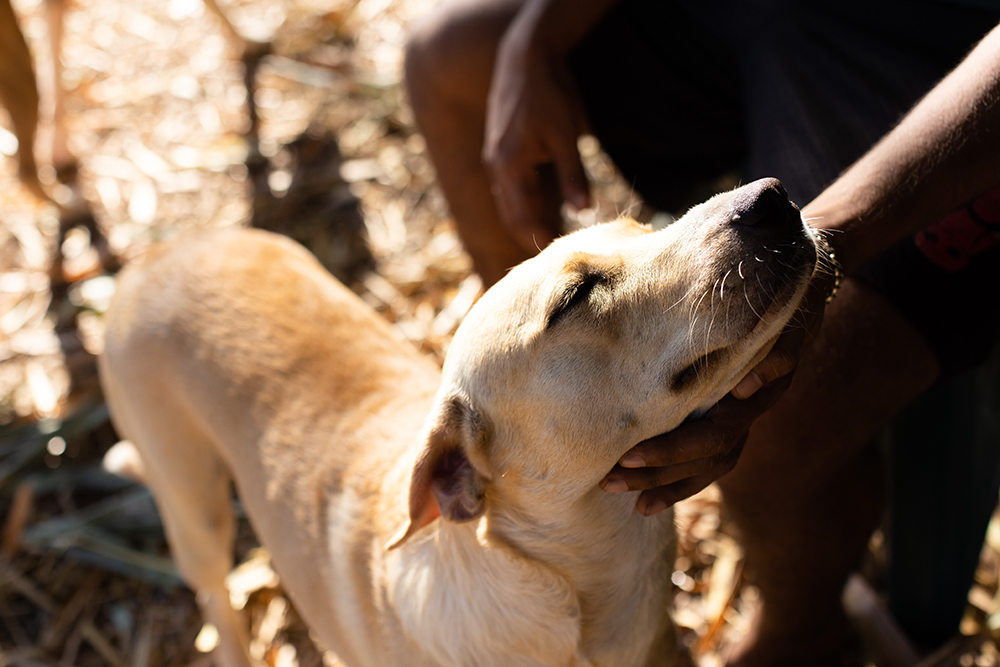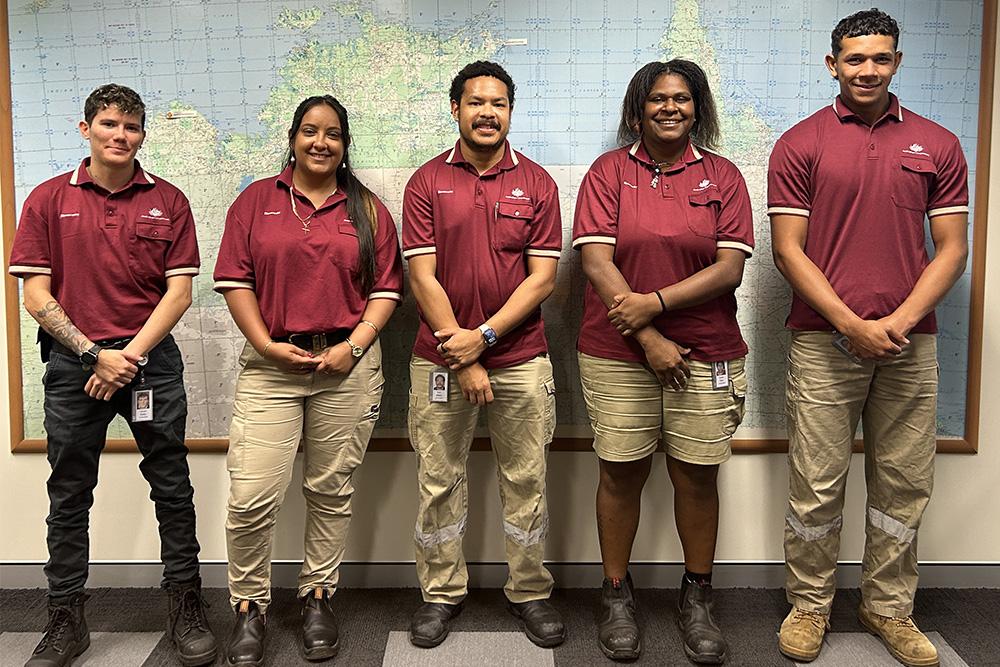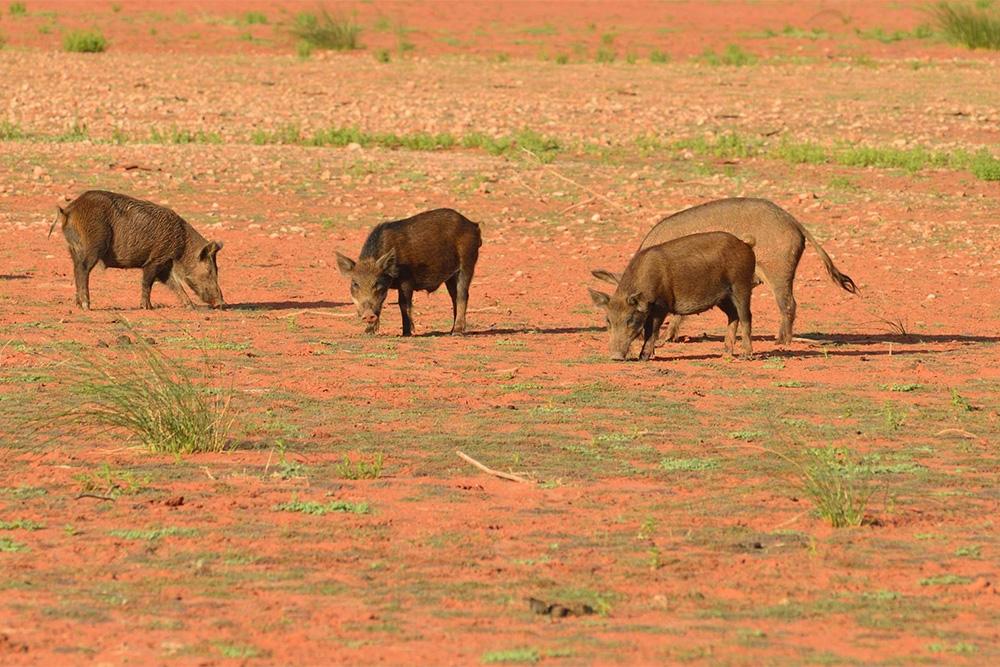Animal Management in Rural and Remote Indigenous Communities
Cherbourg is an Aboriginal community located 265 km north-west of Brisbane on the land of the Wakka Wakka peoples. Companion animals are an important part of this community. However, concerns about the growing population of owned but free-roaming dogs led the Cherbourg Aboriginal Shire Council to seek advice and assistance to manage dogs and other companion animals in the community. With support from Queensland Health Darling Downs Public Health Unit, the local council connected with Animal Management in Rural and Remote Indigenous Communities (AMRRIC). AMRRIC is a not-for-profit organisation that works alongside rural and remote Aboriginal and Torres Strait Islander communities to implement sustainable animal management strategies to improve the health and wellbeing of people and their companion animals.
Recognising a collaborative approach would be beneficial, AMRRIC invited The University of Queensland School of Veterinary Science to join the partnership. Together, they co-designed the Cherbourg Community Dog Management Program. This program takes a long-term educative approach to dog management and is based on One Health and One Welfare principles recognising the intrinsic link between the health and wellbeing of animals, people and country.
Over the years, RSPCA Queensland also joined as a partner to contribute to the delivery of bi-annual veterinary clinics that offer essential services such as desexing and vaccination at no cost to community members who have registered their animals. AMRRIC, together with their partnering organisations, have trained and supported council staff to deliver culturally relevant education in schools on responsible pet ownership, as well as on health, hygiene and safety around animals. The program also receives ongoing support from Boehringer Ingelheim, a leading animal health company. This company donates a range of veterinary medicines annually, including broad-spectrum anti-parasitic treatments to support the health and wellbeing of the community’s companion animals. The collaborating partners supported council staff to undertake companion animal censuses that capture health data and desexing rates of all dogs in the community. This activity helped the council to monitor the dog population and track progress of the Cherbourg Community Dog Management Program. The program also benefited cats within the community, with health data and desexing rates captured during the animal censuses, aiding in cat population monitoring.
The Cherbourg Community Dog Management Program demonstrates how sustained and genuine grass-roots collaboration results in a raft of benefits for all involved. Since the program’s commencement in 2016:
- 500 dogs and 70 cats have been desexed
- 655 animals have been vaccinated
- 529 animals have been microchipped
- 8,478 doses of anti-parasitic treatments have been donated and distributed
- trust has grown between community members and veterinary services
- owners of animals with a high parasite burden are referred to health care providers
- numbers of stray and unwanted dogs have decreased
- animal health and welfare has improved
- health risks to the community have been reduced.
Community feedback has been positive, as demonstrated by the fully booked clinics. The program has also provided veterinary students and staff with a better appreciation of life in an Aboriginal community.
Learn more about the Cherbourg Community Dog Management Program.
Acknowledgements
The department thanks Animal Management in Rural and Remote Indigenous Communities (AMRRIC) for the provision of the case study. Thanks also to Whereto Research for their support in coordinating input.

Photo on cover © Animal Management in Rural and Remote Indigenous Communities



